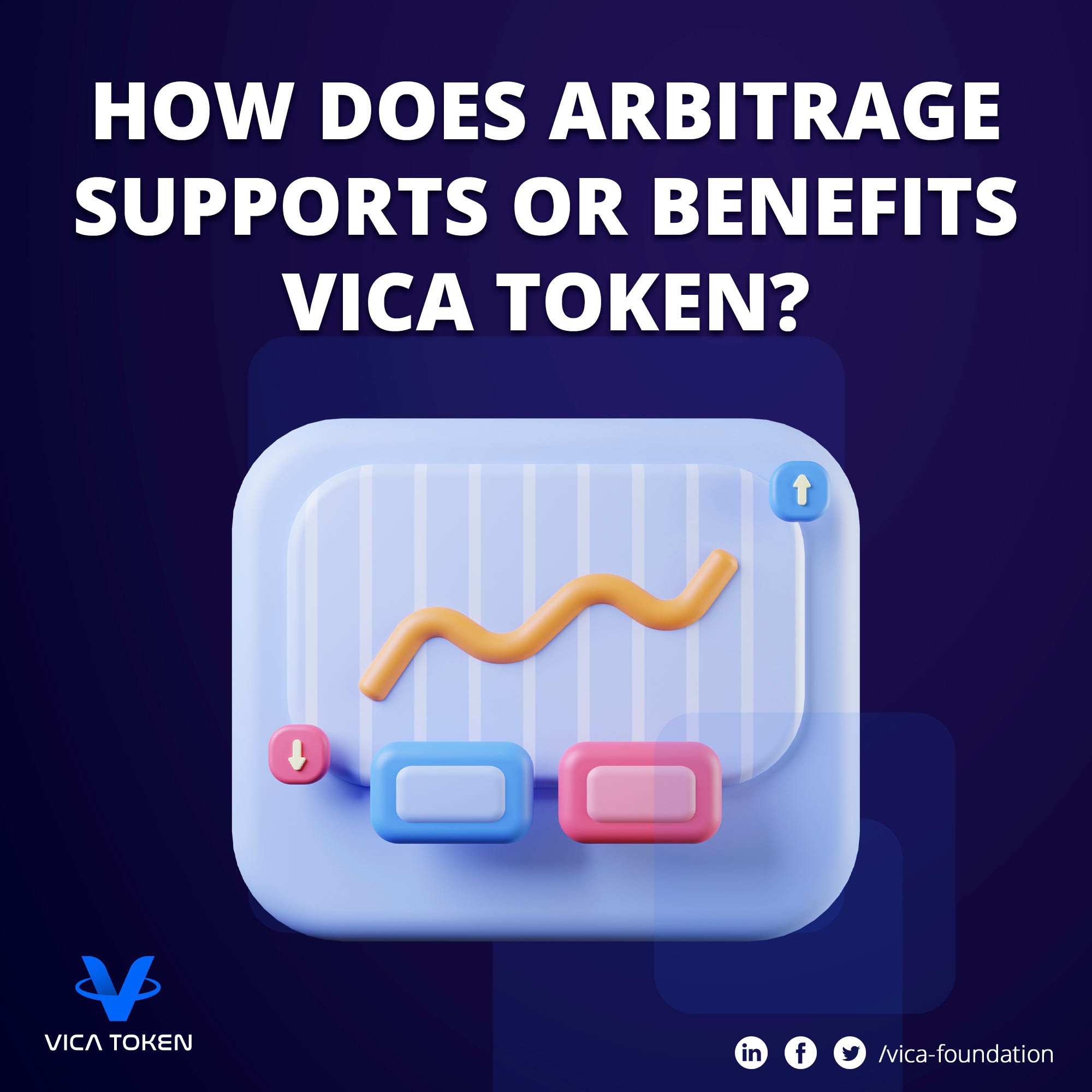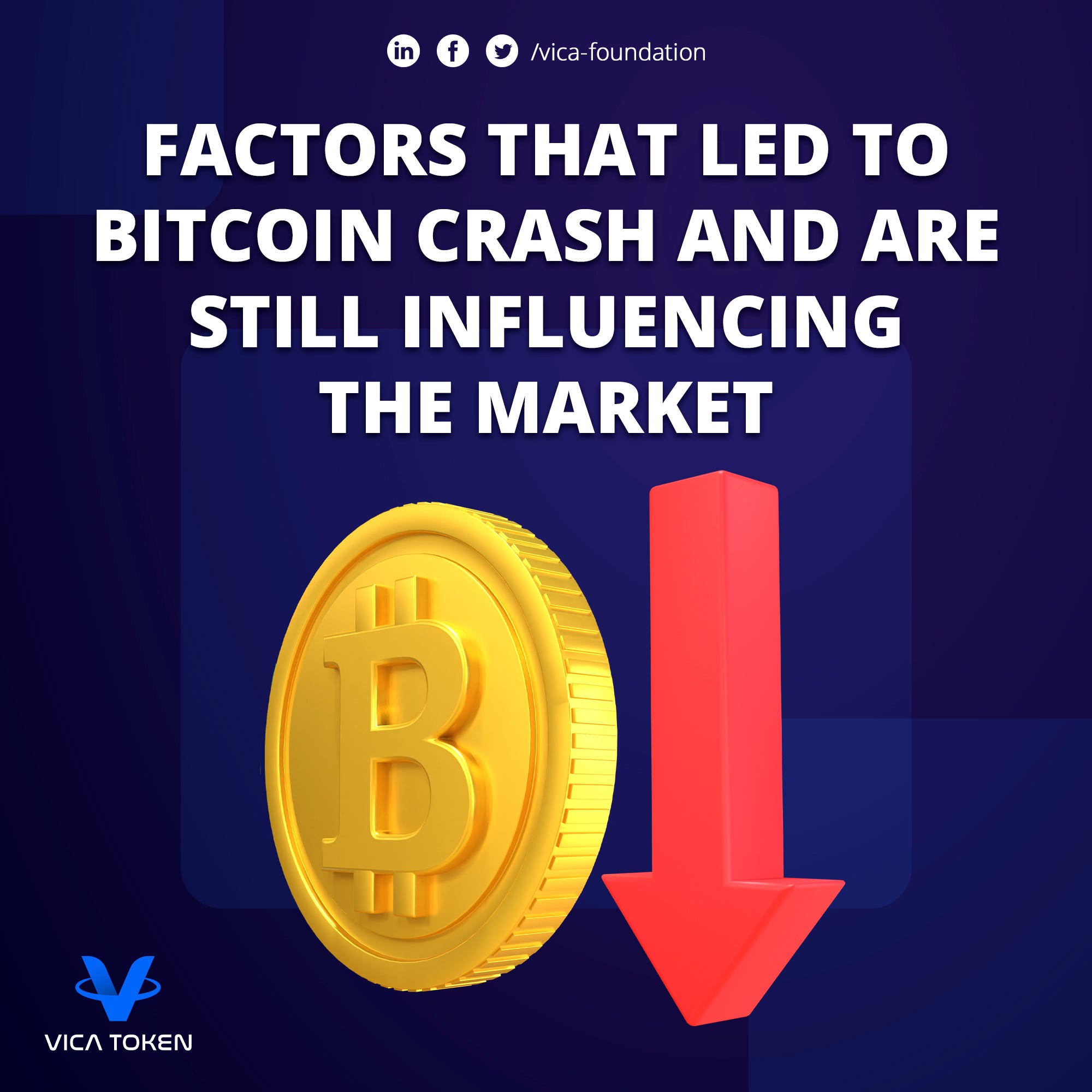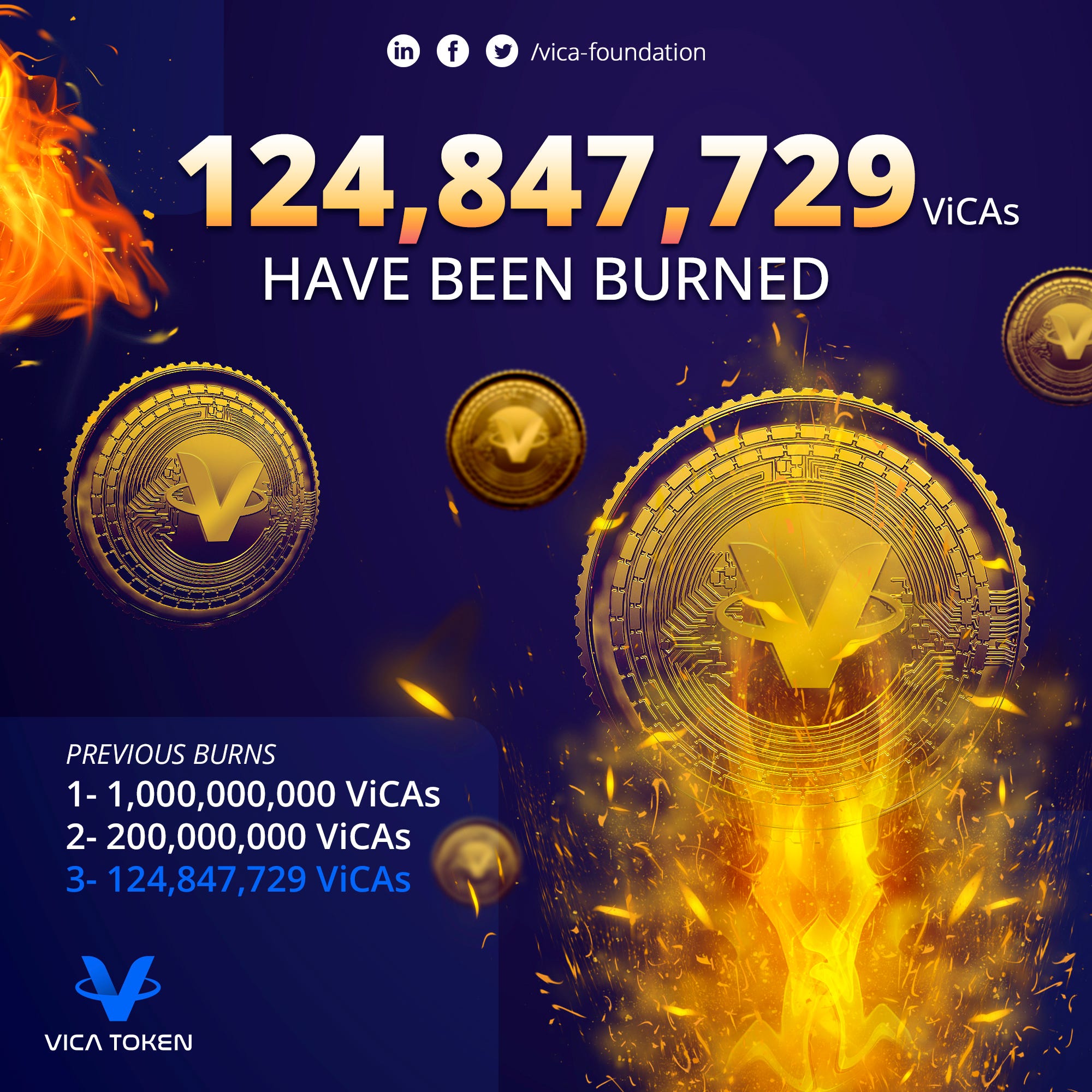Why Bitcoin is still running on the Proof-of-Work mechanism even after a decade?

Even after decades of technological advancements and the development of hundreds of new cryptocurrencies, Bitcoin is still leading and holds the reign of the crypto market. Bitcoin has survived many attempts that were aimed at pushing it down including crackdowns from the regulators, a ban on mining, and frequent attacks on the blockchain. Currently, not only regulators but environmental activists are also criticizing bitcoin and the consensus mechanism it uses. These critics believe that bitcoin is consuming a lot of energy which is not sustainable at all and is dangerous for the environment.
These critics also include the billionaire Elon Musk who argued that he won’t be investing in bitcoin until at least 50% of the energy driving the bitcoin network is renewable. This debate gathered much attention on social media and the latest figures have shown that more than 58% of the energy consumed by bitcoin comes from renewable energy sources. This debate also takes a dig at the proof-of-work mechanism of bitcoin and is calling the stakeholders to make transitions in the code so bitcoin can also be shifted to the proof-of-stake concept. However, not only miners but experts also believe that it is a useless and deteriorating step for the bitcoin network and it can turn out to be worse in the long run.
The True Decentralization of Bitcoin:
Bitcoin is a long-standing digital currency in the market and its transactions are completely decentralized and secure mainly due to the consensus mechanism it uses which is Proof-of-Work. Even now there are few other mechanisms being used by popular cryptocurrencies, PoW is still the most effective and reliable method of reaching consensus and adding new blocks to the public ledger. The mining in this concept ensures equal opportunity for all the miners whether they are experienced or new ones. The security in PoS is highly dependent on the validators staking the coins. PoW may consume more energy but the transactions are fully decentralized removing any middle authority or intermediaries.
The biggest argument that is pushing networks to adopt the PoS mechanism is that it is highly scalable and not energy intensive which is definitely true and following this Ethereum has successfully transitioned towards the PoS consensus mechanism a few days ago. However, one main thing which is compromised in PoS is the aspect of decentralization. Decentralization was the core principle behind the creation of cryptocurrencies and it is seriously undermined when networks are working on the proof of stake system. The reason is that PoS allows major stakeholders to take part in the validation process of the new transactions while ignoring validators with small stakes. On the other hand, PoW offers equal opportunity to even new miners. Noble Draklon from Accredited Investor Journal mentioned that "PoS networks might be environment friendly but they are not decentralized". This is because of the inequality in the validation process which leads to security breaches. Popular blockchain network Solana which is glorified as the finest network with PoS has suffered multiple times due to DDoS attacks and the network going down for several hours leading to loss of consensus. Not only Solana, but major NFT games working on PoS networks have also been the target of hackers and they have easily fled away with millions of dollars.
One may argue that Ethereum is shifting to PoS then why can’t bitcoin do the same? This argument doesn’t take into consideration or compare the use case of bitcoin and Ethereum. Bitcoin network is only responsible for verifying new transactions while Ethereum has tons of other applications, not only a digital currency but thousands of NFTs, decentralized apps, and platforms are being built on it which requires a scalable solution for the future. Bitcoin can simply stick to PoW while miners can look for more clean energy options and even layer-2 solutions can be utilized for better scalability in the long run as PoW is the major key to Bitcoin’s long-standing security and decentralization.
Energy Consumed by Bitcoin Mining: Claims vs Reality
There is no doubt in the fact that mining in PoW consumes a lot more energy than the PoS mechanism but is that energy consumption really the cause of adverse impacts on the environment? Definitely not. According to a recent study published by Galaxy Digital, the energy consumed for mining bitcoin is almost 50% of the energy consumed by the traditional banking systems and even gold mining as shown in the figure below:
Bitcoin Mining consumes around 100 TWh of energy each year as compared to ATMs, Credit Cards, and Banking applications which consume around 250 TWh each year showing a massive difference and throwing away the claims of bitcoin critics. These critics also claim that the energy used by Bitcoin is mostly stolen while research has shown that these miners utilize that energy which is mostly going to waste and around 58% of the energy is directly coming from renewable energy sources. Crypto experts emphasize the fact that this energy consumption should not be taken as an independent metric as it plays an important part in the security and decentralization of the bitcoin network. The efforts are still underway to completely transition to green energy sources and continue with the PoW mechanism. Another important thing to be discussed is that China announced a complete ban on bitcoin mining last year that could have halted the network altogether as more than 60% of the mining was being done from China. However, the true decentralization of the Bitcoin network led to the achievement of the same mining levels after a month of the ban and it would have been disastrous if a crackdown was conducted on people staking in PoS networks and acting as validators.

29 September 2022
Interview with DongKoo, the Founder and CEO of ViCA Foundation

27 September 2022
Earning Profit through Crypto Savings Account

27 September 2022
How does Arbitrage Supports ViCA Token?

24 September 2022
What is Cross-Exchange Arbitrage Trading? Understanding ViBOT- A unique arbitrage trading solution

21 September 2022
What is ViCA Token? The Cryptocurrency Supported through Arbitrage Trading

19 September 2022
Why Bitcoin is still running on the Proof-of-Work mechanism even after a decade?

17 September 2022
Characteristics of ViCA’s Arbitrage Trading System

12 September 2022
Some of the Common Misconceptions About the Ethereum Merge

10 September 2022
A Guide to Speed up or Cancel a Pending Ethereum Transaction

08 September 2022
Factors that Led To Bitcoin Crash and Are Still Influencing the Market

03 September 2022
NFT Game Review: Thetan Arena

02 September 2022
ViCA Token’s 3rd Burn Update | Successfully Completed on September 1st, 2022